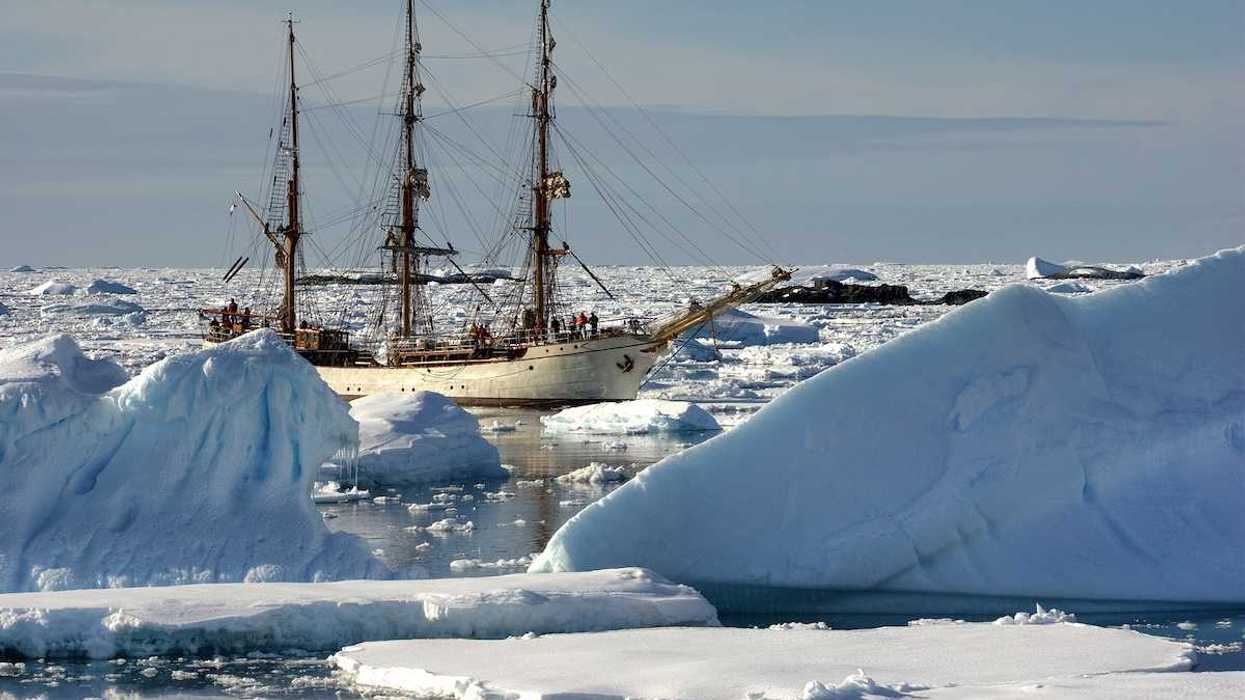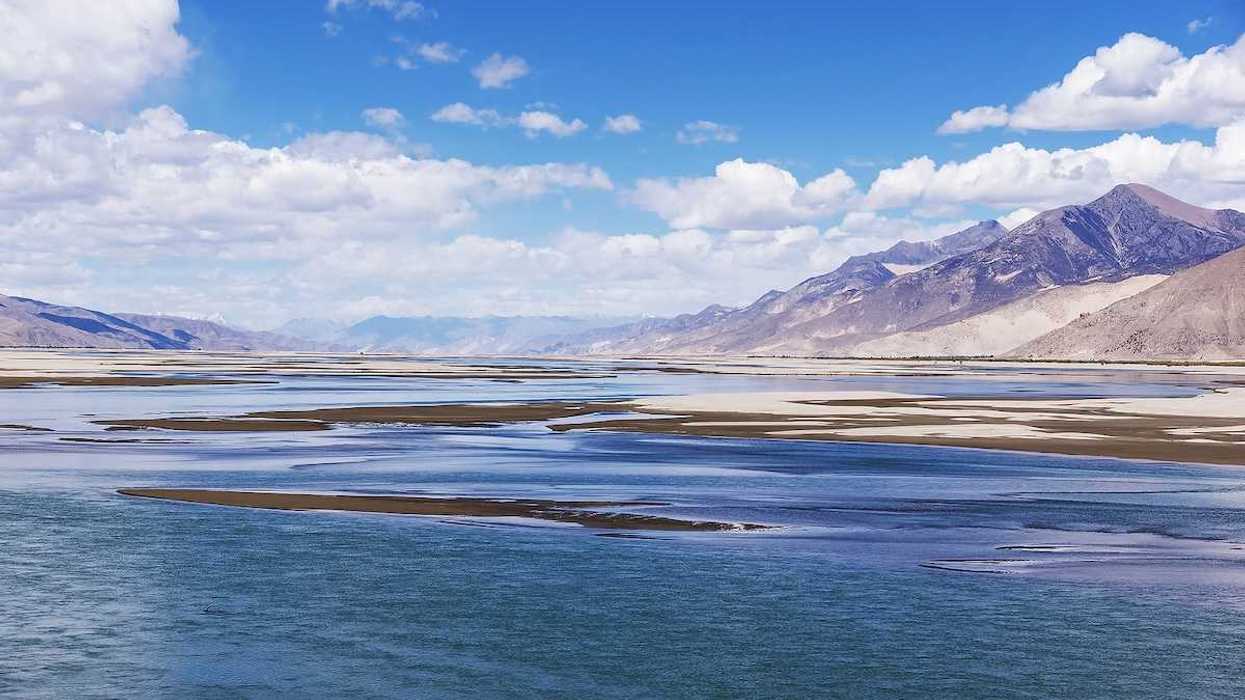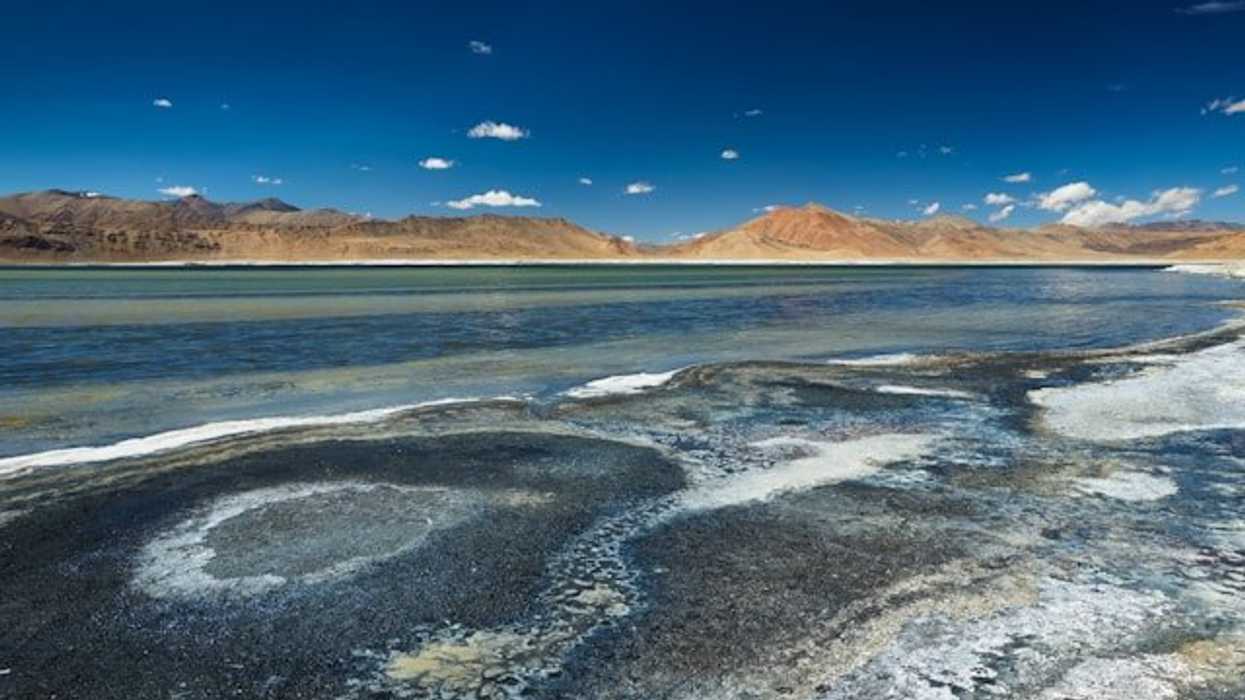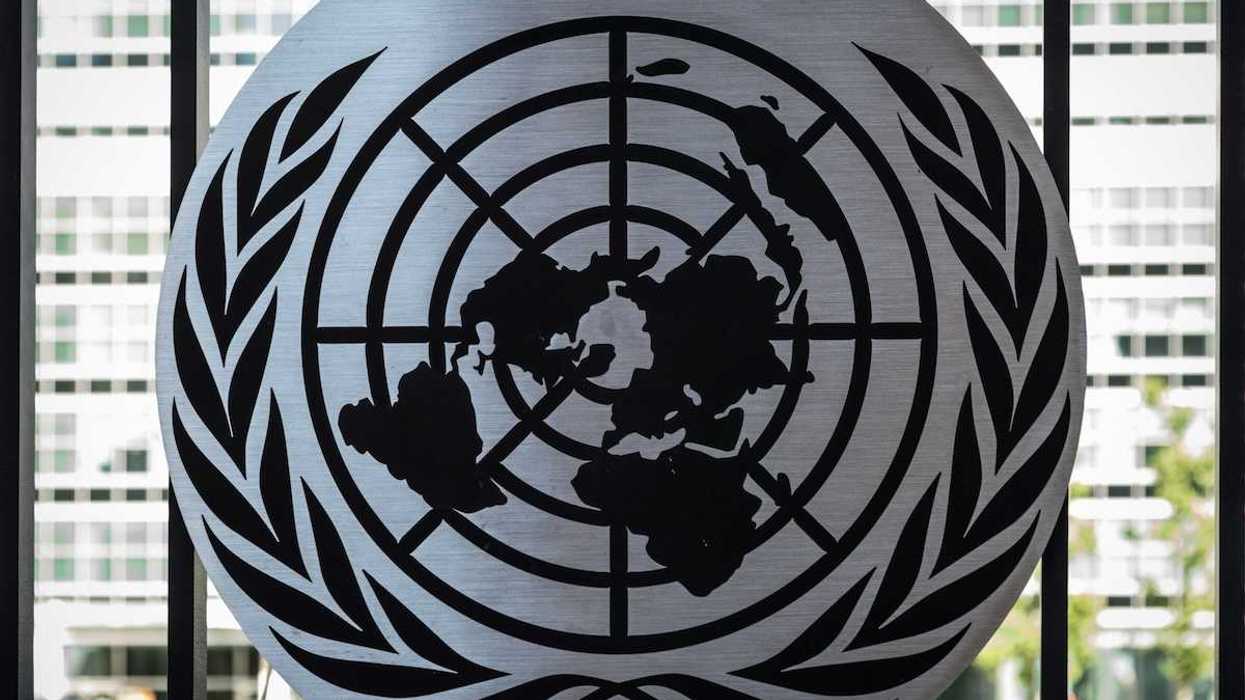A recent study raises alarms about the potential catastrophic effects of climate change on the Atlantic Ocean's temperature and ecosystems.
Brian Resnick reports for Vox.
In short:
- A scientific paper warns that melting ice could lead to a significant drop in temperatures in parts of Europe, alongside other global climate effects.
- The Atlantic Meridional Overturning Circulation (AMOC), crucial for regulating global climate, faces the risk of a "death spiral" due to freshwater influx.
- This scenario, while uncertain, underlines the need for immediate climate action to prevent possible drastic changes.
Key quote:
“The trickiest part about modeling this is the whole system is very dependent on how the ocean and the atmosphere interact with each other.”
— Till Wagner, atmospheric and ocean scientist at the University of Wisconsin-Madison
Why this matters:
Warmer waters can disrupt the habitats of many marine species, leading to shifts in species distributions as fish and marine mammals migrate to cooler areas. This can impact food webs and the livelihoods of communities dependent on fishing.
Ocean heat waves, which can push out fish, plankton and other aquatic life, are happening far more frequently than previously thought.














